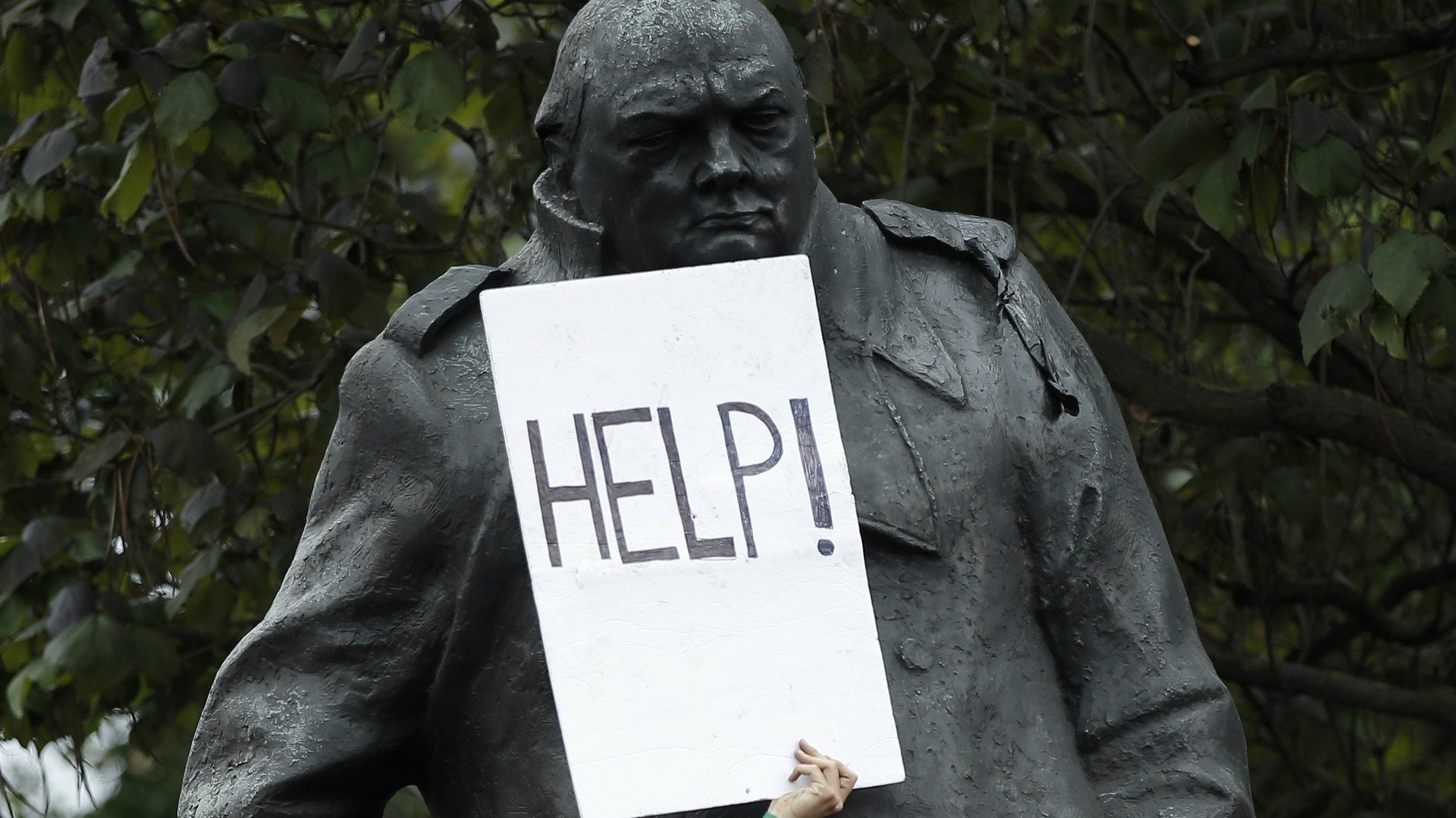Brexit is the UK’s version of a corporate turnaround
For the UK, Brexit has been like trying to kickstart a 747, the iconic jet that once dominated the skies. Now it is fading into irrelevance. Can the struggling country, freed of the EU, be great again?


For the UK, Brexit has been like trying to kickstart a 747, the iconic jet that once dominated the skies. Now it is fading into irrelevance. Can the struggling country, freed of the EU, be great again?
Beyond symbolizing Britain’s glaring economic problems, the mere fact of Brexit is an indication that the British people rejected their leaders’ abdication of British identity and values. It reveals the danger of departing from a country’s ethos and original narrative. This movement towards origination is inappropriately labeled “leaving” when it should be called “returning.” In what seems as an act of defiance against the EU, Great Britain is actually redefining itself and returning to what made this small country so remarkable. This moment in the country’s history is emblematic of the ”return to purpose” movement we are seeing in business.
Purpose emanates from beginnings. It is the DNA of an organization, or of a country, and carries with it the seeds of culture which is held together by an organization or country’s values.
In business, we define mission as what you do, vision as where you are going, and purpose as why you are making the journey. Like Great Britain, purpose-driven organizations are less concerned with what they make, as in currency exchange or exports, or where they are going, as in their vision for their footprint, but why they are here and how they will contribute to society.
As I have witnessed with more than a hundred Fortune 500 organizations over twenty years, going back to one’s story of origin provides the organization with a path for moving forward. As I wrote in my book, The Story of Purpose: The fruits are in the roots.
In the years leading up to the Brexit vote, the country became like a stagnant company in need of new management. Most business turnarounds are the acts of companies turning around, looking at where they were in the first place, then going about presenting a more relevant, truthful, and clear version of their modern self.
In 2002, facing financial and safety woes exacerbated by 9/11, Delta Air Lines harkened back to the purpose of its founder, C.E. Woolman: To lift the world. The airline’s leadership used his words to inspire downtrodden employees on a tour of Delta’s bases, and poured over his mission statements and employee handbooks to create a set of principles called “Rules of the Road,” which were handed out to every new hire. Through bankruptcy, the financial crisis, and rising oil prices, Delta’s relentless focus on purpose helped it avoid unionization and become the world’s most profitable airline by 2013.
Google is an example of a company whose original mantra, “Don’t be evil,” has been used to navigate the tradeoffs between customer privacy and company growth. As questions arose about its domination of internet search and advertising—for example, European anti-monopoly probes and pressure over the “right to be forgotten”—its CEO Larry Page was forced to reconcile its decisions with that mantra. ”We’re in a bit of uncharted territory,” he told the Financial Times (paywall). “We’re trying to figure it out. How do we use all these resources … and have a much more positive impact on the world?”
If you want to discover your purpose, go back to your roots. Uncover your story of origin. Then retell the story for modern times. The likelihood of seceding from old models, and useless strategies based on your competitors will be replaced with authenticity, passion and a movement towards brand nationalism which looks more like love than just loyalty.
Britons voted to quit the EU when their quest for purpose overpowered their want of profit. It is in this spirit that Brexiteers employed the words of a national icon, Winston Churchill, to support their cause: ”We have our own dream and our own task. We are with Europe, but not of it. We are linked but not comprised. We are interested and associated but not absorbed.”
Brexit is a call for action. It is not a departure but an arrival of an organization’s disparate effort to reconnect with what made it great in the first place. As history will show us, Great Britain will return to its rightful position in the world as a superpower now supercharged by its purpose.
This is a verse in Great Britain’s history that has the world listening, and has put the country back in charge of orchestrating its own rich future.